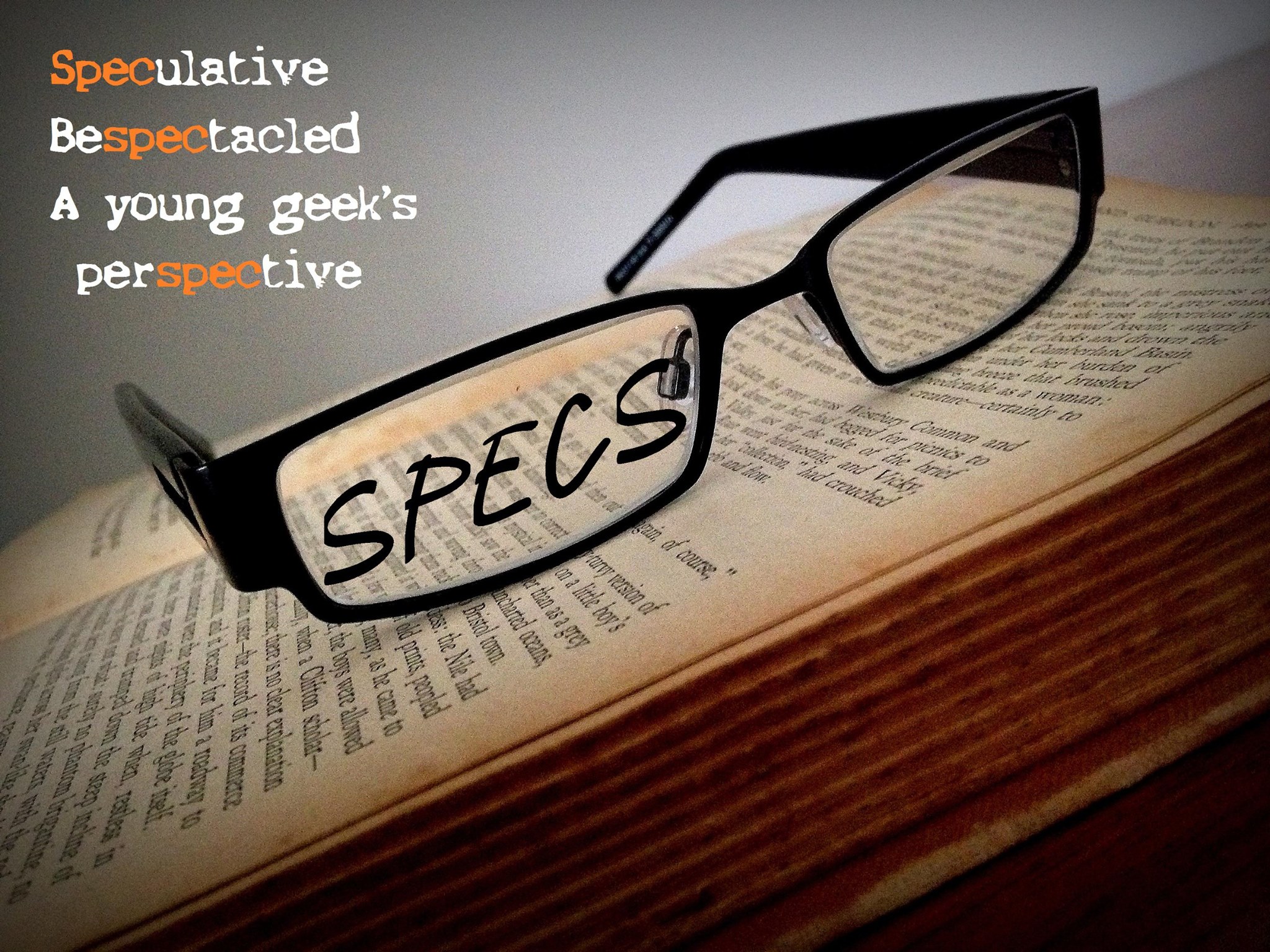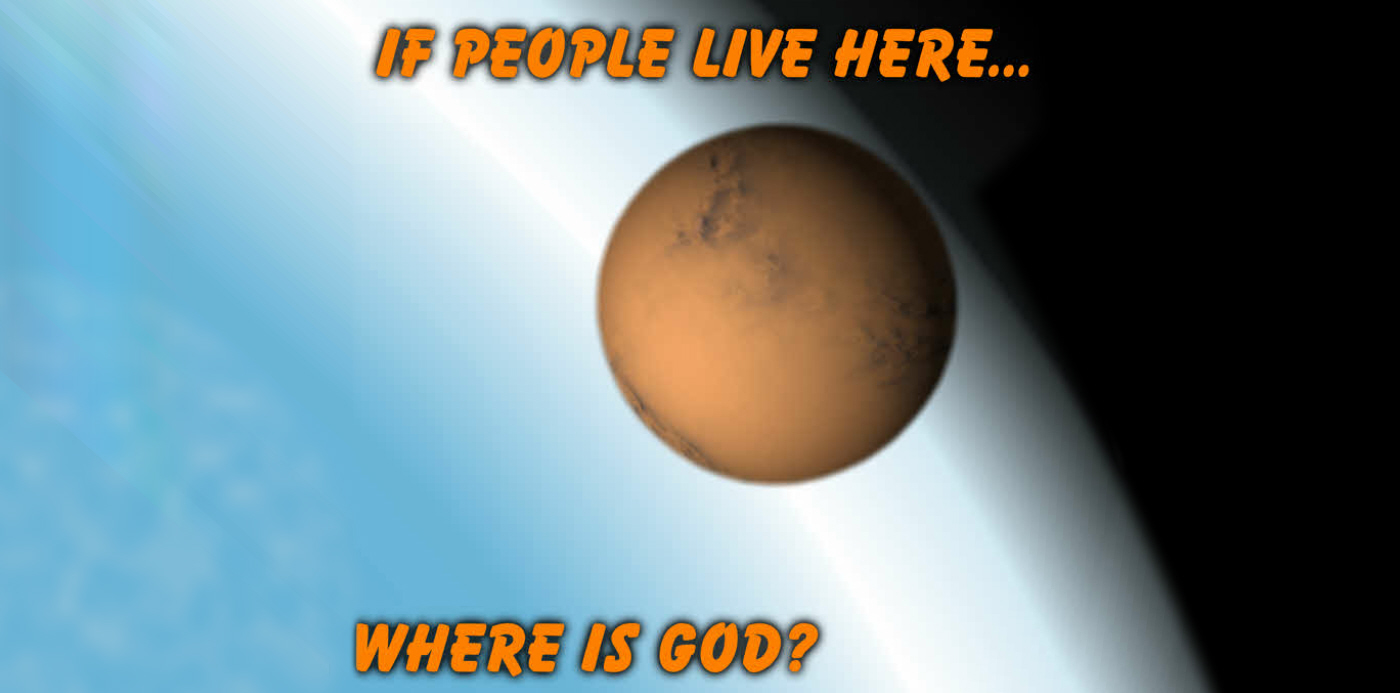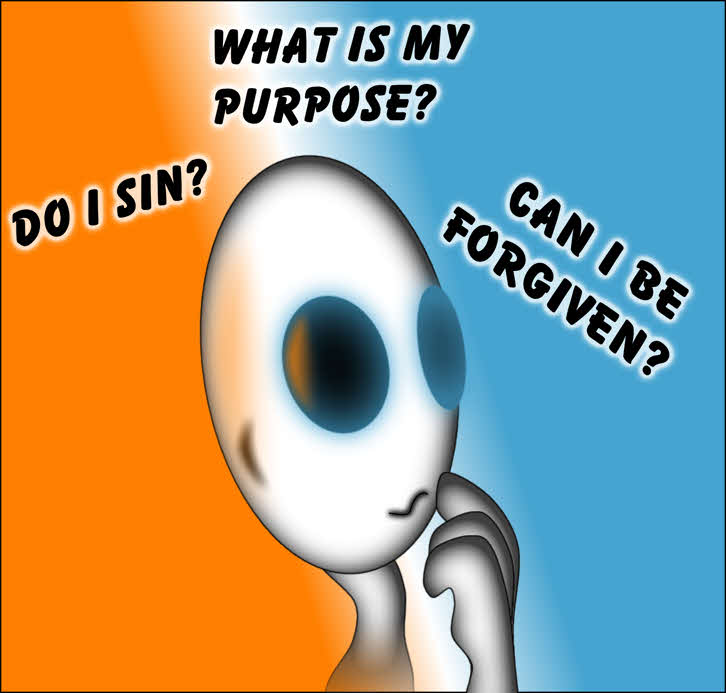
Pizzanomics and the Economy of Words
In The Picture of Dorian Gray, Oscar Wilde writes that people know the price of everything and the value…
March 10, 2023
In The Picture of Dorian Gray, Oscar Wilde writes that people know the price of everything and the value…
March 10, 2023
A flexi-tube extended from the airlock and attached to the exterior of the arrow with a dull clang. A…
July 11, 2022
Do portals that move your character to another time and place work within modern storytelling? This is the question…
September 7, 2017
Hey guys, I wanted to kick this whole thing off by welcoming you to the ranks. (Though I’m sure…
July 23, 2017
Fantasy Flash Fiction 101 Could you write a story in 500 words? What about 100? Flash fiction is a…
July 7, 2017
The beloved “sidekick.” Han had Chewy. Frodo had Samwise. Harry had Ron and Hermione. Captain Kirk had Spock.…
June 6, 2017
Recently, a friend of mine asked me if western civilization was at the end of its life cycle. It’s…
May 11, 2017
“Murder committed on a dark and stormy night.” “A grouchy widow lives alone in a broken down cottage.”…
April 6, 2017
In what world does your story live? Sounds like a strange question, doesn’t it? After all, most bookstores…
March 6, 2017
Last month we looked at writing fictitious, sentient creatures within our own universe. In summary, God has a plan…
August 4, 2015
Atheists believe all creatures evolved over countless millennia of bloodshed, allowing only the fittest members of a species to…
July 3, 2015